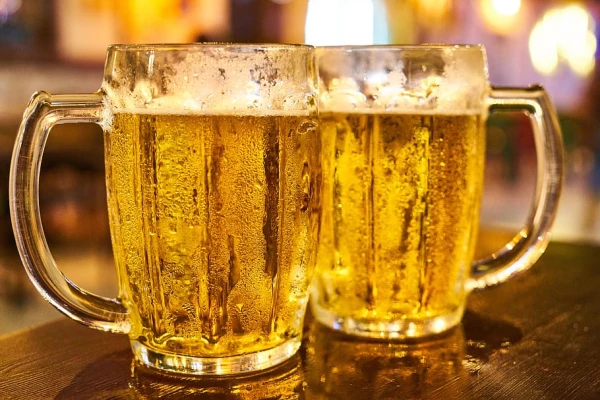
If you have decided to get rid of excess kilograms, you should do it gradually. Rapid weight loss will only yield short-term results and, moreover, will undermine your health.
Veronika Savenko, endocrinologist
Doctors recommend forgetting about strict diets and exhausting workouts. This method of weight loss is outdated and will only yield temporary results. As soon as you return to your usual routine, all the lost kilograms will come back.
To achieve slimness without harming your body, you need to be patient. Sometimes, weight loss takes several months, but the results are worth it! The most important thing is to adopt new habits. Start eating more vegetables and fruits, focus on protein, and go for walks more often. But under no circumstances should you starve yourself or lose weight rapidly: such experiments can trigger the formation of stones in the gallbladder.
How the Gallbladder Works
Our liver produces bile around the clock. It needs a reservoir, and that function is performed by the gallbladder. The organ collects bile, thickens it, and when food is consumed, especially fatty food, the gallbladder contracts and pushes bile into the intestine.
The main components of bile are:
- water,
- cholesterol,
- bile acids,
- phospholipids.
All of this is in a state of balance, like a “mixture where fats are held in water,” says Veronika Savenko.
What Happens to Bile When a Person Loses Weight
The most dangerous is rapid weight loss—starvation, strict diets, and even bariatric surgeries. In this case, the usual balance in the body is disrupted.
A person begins to suffer from a deficiency of fats, and consequently, the gallbladder becomes “lazy.” The organ contracts weakly and infrequently, bile gets trapped. This is similar to not draining water from a barrel: it starts to stagnate, and sediment appears.
As a result, the liver becomes overloaded with cholesterol. The scheme is as follows: during weight loss, the body actively burns fats → fatty acids and cholesterol go to the liver → the organ releases more cholesterol into the bile. This leads to “supersaturation.”
The outcome is a disruption of balance. If there are not enough bile acids and phospholipids, which are needed to keep cholesterol dissolved, then cholesterol begins to precipitate into “crystals,” which later turn into stones when they clump together.
It is especially dangerous to lose weight rapidly for pregnant women, women with a history of PCOS, and those diagnosed with obesity and metabolic syndrome. If you are losing one and a half kilograms a week, that is already too much; it should not be like that.
“Remember that during rapid weight loss, stones appear because the liver releases too much cholesterol, and the gallbladder does not contract due to the lack of fatty food. Bile thickens and crystallizes,” says Veronika Savenko.
How to avoid this? Lose weight gradually! Normally, a person should lose up to 1 kg per week. Do not eliminate fats completely; just reduce their amount, eat 3-4 times a day, focus on protein, vegetables, and complex carbohydrates, try to move as much as possible, and go to bed before midnight. Then the excess weight will go away, and your health will remain with you.















Leave a comment